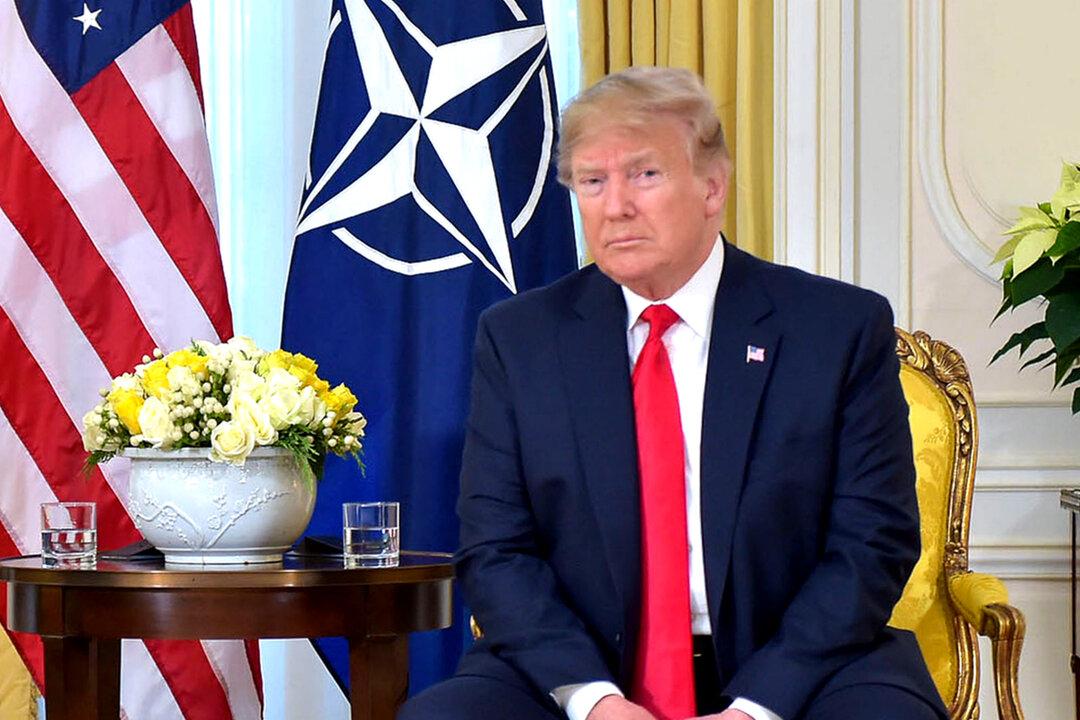Commentary
President Donald Trump is playing a long game when it comes to trade negotiations with China, by refusing to sacrifice long-term goals for the sake of short-term victories.

President Donald Trump is playing a long game when it comes to trade negotiations with China, by refusing to sacrifice long-term goals for the sake of short-term victories.